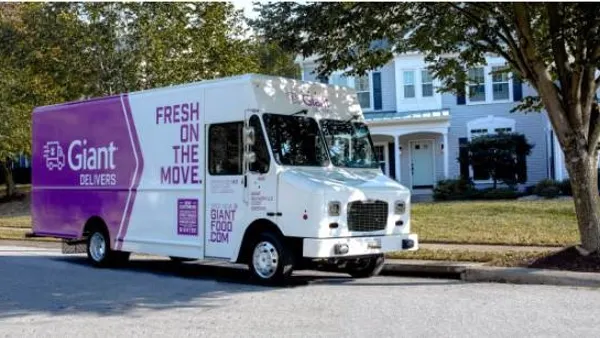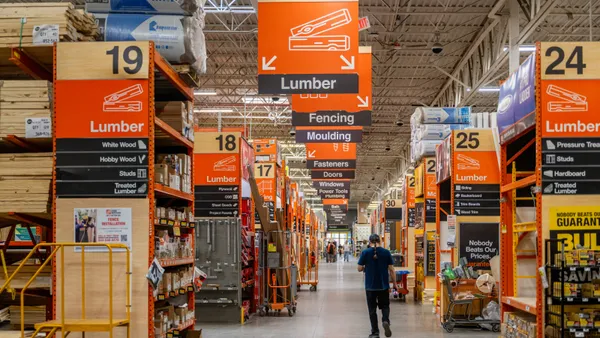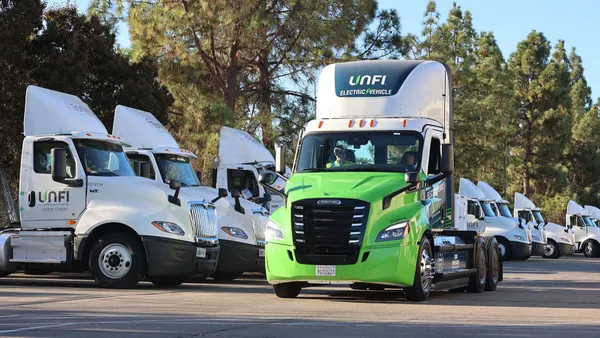Dive Brief:
- Two art shippers will turn a former Harlem parking lot into a warehouse with foreign-trade zone (FTZ) designation, The Wall Street Journal reported Monday. The zone will allow art purchased in New York to be stored tax-free for an indefinite period of time.
- The art collectors will open Arcis, an 11,000 square-foot warehouse with a permit to store up to $2.5 billion of art. Taxes on the purchase will not be due until the buyer chooses to relocate the piece, or to resell it to another purchaser.
- The use of an FTZ for storage purposes allows buyers to avoid airfreight expenses upon purchase, as art collectors typically would transfer their purchases to Delaware or Switzerland for a similar service. Yet, critics of the system argue it facilitates money laundering and black market trading.
Dive Insight:
If an art collector can rally together the documents to designate a warehouse in Harlem as a free trade zone, what is keeping a multi-million dollar industrial enterprise from doing the same? In fact, given the current trade environment and potential threats to free trade agreements, companies may want to consider whether applying for a FTZ, individually or en masse, may benefit their operations.
In an overview of the concept a few years ago, Inbound Logistics writes FTZs provide a company with a competitive advantage by avoiding import duties while products are processed for shipment. This could include packaging, sorting and testing, for example. Such zones provide a special advantage for those engaged in cross-border commerce but need U.S. materials or labor, or, for companies looking to avoid value-added duties on each component. The short explanation is a simplification, of course, but anyone can apply (as shown by the art collectors) provided the right paperwork and initiative.
There are currently 215 FTZs in the U.S., and in fact, the Port of Virginia recently received approval to expand an FTZ near the border with North Carolina. Upon the announcement, the port cited the hope that new handling capacity and a larger FTZ would help bring greater foreign investment, inbound and outbound traffic to the region.













